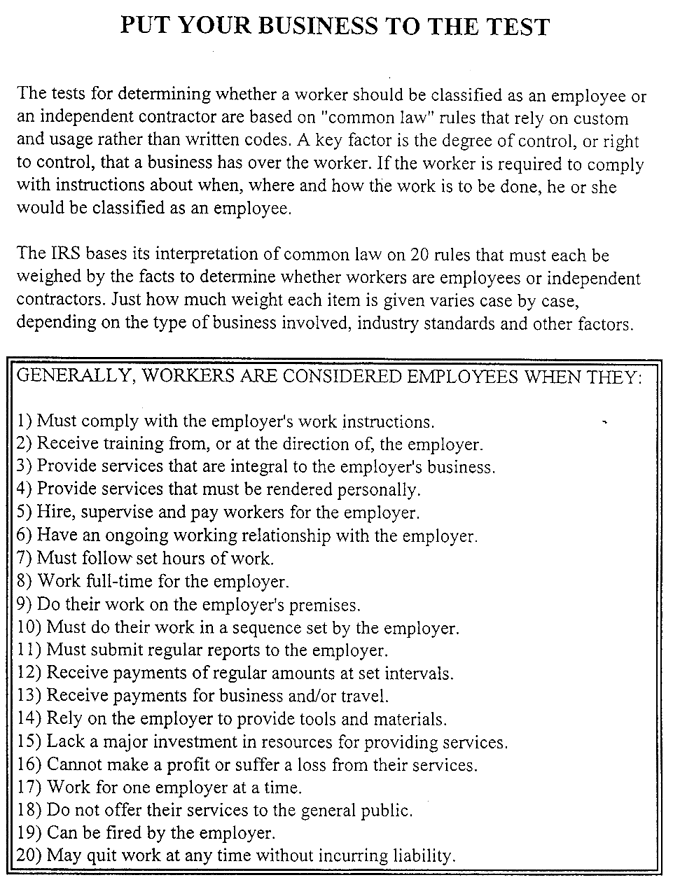Updates
Workers Compensation Insurance
Most business owners have a considerable lack of knowledge as to how workers comp. insurance works which can be very costly. Workman’s compensation insurance commonly known as “workers comp.” is basically no fault insurance, meaning that the fault for an injury does not have to be determined in order for the worker to be taken care of, and many injuries are clearly the fault of the worker for being careless or not following appropriate safety precautions.
In South Carolina an employer is not required by state law to have workers comp. insurance so long as they have less than 4 employees. Unfortunately most small employers who want to save money by doing without this insurance fail to realize that in the absence of coverage they become liable for any injuries. In today’s economic environment injury claims can easily run into the 100s of thousands of dollars.
Workers comp. charges are based on the hazardousness of the work that is being performed by the employees. Insurance companies assign each type of work a four digit code based on the potential for losses of people doing that type of work and assign a charge to employers based on those losses. Each code is priced as a percentage of the gross payroll of the employees in that code.
Employers can go to an insurance agent and obtain workers comp. insurance either from an insurance company which volunteers to write the coverage or from a state sponsored plan in which insurance companies are required to write the coverage for employers they might ordinarily reject. The latter arrangement is referred to as assigned risk coverage and is considerably more expensive.
Checkmate as a part of its standard service consults with clients on ways to reduce the cost of this insurance coverage. For clients whose workers comp. costs are high Checkmate will administer their coverage by shopping it among different agents and insurance companies to get the best quotes and then calculating the cost of workers comp. each pay period and collecting it from the client along with taxes and paying it to the insurance carrier thereby eliminating the need for an upfront deposit by the client or an end of year audit. Checkmate also handles claims for its clients.
Hiring Independent Contractors:
Many small businesses, particularly when they begin operations find it easier and less expensive to hire 3rd parties to do much of the work for them rather than having it done by their own employees. In doing so the company simply pays the outside contractor a fee and the contractor pays its own employees from that. At the end of the calendar year the hiring company will issue a 1099 form to the independent contractor and send a copy to the IRS.
Take a look at the following list which the IRS uses to determine if a worker is an employee instead of an independent contractor.
If a business is paying an individual or another company and the IRS determines that an independent contractor relationship did not exist and that employee withholding and matching taxes should have been withheld and remitted to the IRS, the penalties can be quite severe.
Checkmate clients may logon to their individual page in this website for more detailed information on these topics and how they may impact their particular business situation.





